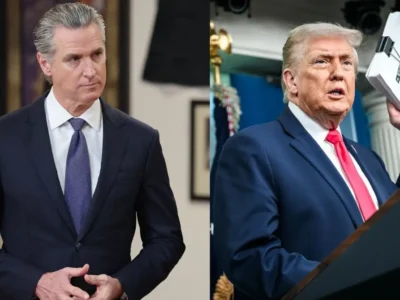In Climate Policy, A Stitch in Time Saves Nine
Moving quickly on carbon reduction could save a lot of money. A new study in Nature highlights the importance of timing in climate policy:
[A]chieving the same 60% chance of success with action starting in 2020 would require a 2020 carbon price of around US$150 per tonne of carbon dioxide equivalent (CO2e) — more than double the $60 per tonne CO2e required if action begins in 2015. However, delaying emissions limits from 2020 to 2025 would bring the chance of success down to 34%, and the authors found no scenario in which a feasible increase in carbon price or improvements in energy technology could make up for these five years of delay.
The study also suggests that there has been some convergence among the views of economists:
That literature is characterized by two underappreciated points of consensus. First, the key protagonists in the debate over the British government’s 2006 Stern Review. . . now all agree that action to limit temperature rise to 2 °C (or emissions to 450 parts per million CO2e) would provide net benefits; this represents a quiet reversal, in the position of economist William Nordhaus, who was initially critical of the review. Second, economic analysis shows that ambitious global action to limit emissions is fully consistent with strong economic growth and improvements in living standards.
The message seems to be that we need to control emissions and that we’re much better off if we do it now.
Reader Comments
8 Replies to “In Climate Policy, A Stitch in Time Saves Nine”
Comments are closed.







What’s the 2013 California price?
What’s the 2013 California price?
Reblogged this on SMIPP Ltd..
Reblogged this on SMIPP Ltd..
Reblogged this on Indian Lawyers Express.
Reblogged this on Indian Lawyers Express.
hmmm. If only financing a massive program to rebuild infrastructure, reduce emissions, and take adaptation steps wasn’t essentially free.
hmmm. If only financing a massive program to rebuild infrastructure, reduce emissions, and take adaptation steps wasn’t essentially free.